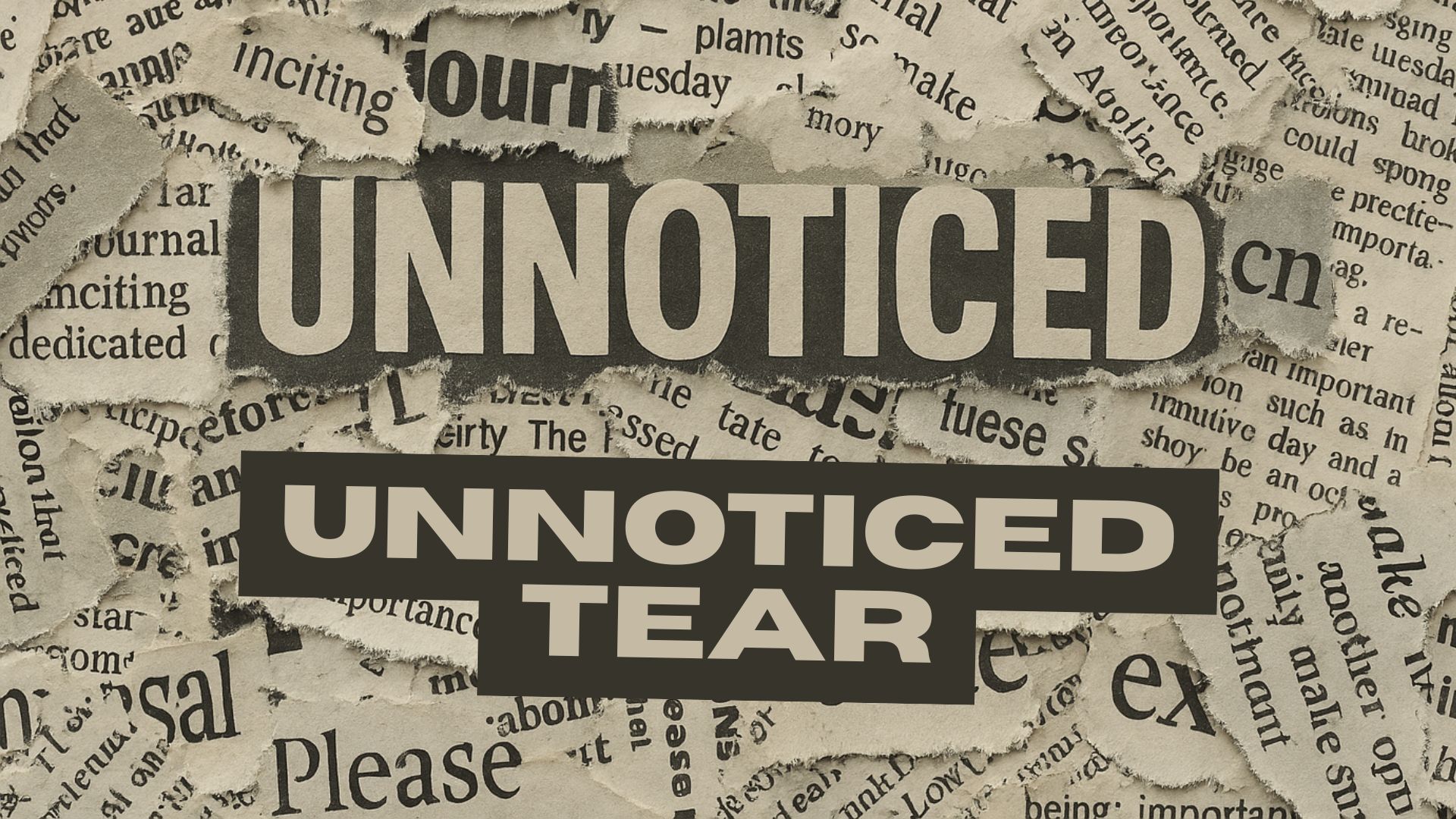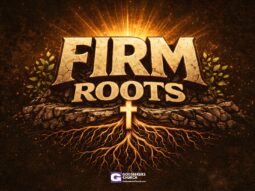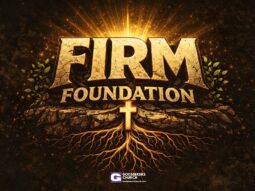Therefore, brothers, since we have confidence to enter the holy places by the blood of Jesus,
Hebrews 10:19-20
by the new and living way that he opened for us through the curtain, that is, through his flesh,
Someone had to be there when the temple veil tore. While the gospels focus on events at Golgotha, another drama was unfolding across Jerusalem. It was around 3 PM—the time of the evening sacrifice at the temple. Priests would have been performing their duties as they did every day. Temple guards stood at their posts. Worshippers gathered in the outer courts. None of them expected their normal afternoon to become one of history's pivotal moments.
The priests must have frozen in shock at what they saw. Imagine their faces as the massive curtain suddenly ripped before their eyes. This wasn't just strange—it was terrifying. These men had been taught since childhood that looking into the Holy of Holies meant death. Now the sacred space was exposed, and they were still alive. Some probably ran away in fear. Others may have fallen to their knees. A few brave souls might have stepped closer to investigate.
These unmentioned witnesses faced a crisis of faith. The Jewish historian Josephus records that many priests were converted after Jesus' death. Some may have connected this supernatural event with the darkness that covered the land or the earthquake that shook the city. The book of Acts tells us that "a great many of the priests became obedient to the faith" (Acts 6:7). Perhaps what they witnessed that afternoon marked the beginning of their journey toward belief in Jesus as the Messiah.
Their religious world collapsed in a single moment. For those serving in the temple, the torn veil wasn't just unusual—it undermined everything they understood about God and worship. Their entire religious system centered around the idea that God's presence was dangerous and needed careful ritual to approach. Now, without warning, the barrier was removed. The priests faced a choice: cling to the old system or embrace a new understanding of God.
The temple workers were the first to see, but not the first to understand. While they witnessed the physical event, they lacked the context of Jesus' death happening at the exact moment. Meanwhile, followers of Jesus understood the meaning but weren't present to see the curtain tear. This reminds us how often God works in parallel stories, with different people seeing different parts of His plan. A full understanding often comes only when these perspectives are combined. God reveals. We respond.
Godseekers, sometimes you witness God's work without fully grasping its meaning. Like those unnamed priests, you may find yourself standing before something clearly supernatural but puzzling. God often works this way—revealing enough to prompt questions but requiring faith to find answers. The priests who witnessed the torn veil had to decide what to do with what they'd seen. So do you when God reveals Himself in unexpected ways. God made the move. It's our turn now.
Prayer
Lord God, I am amazed to think about those who witnessed the temple veil tear but did not immediately understand its meaning. Thank You for reminding me that Your work often unfolds in ways that challenge my understanding. Open my eyes to recognize Your hand at work, even when it doesn't match my expectations. Give me the courage to follow the evidence of Your presence, even when it disrupts my comfortable religious ideas. In Jesus' name, Amen.
Personal Reflection
- When have I witnessed something that seemed to be from God but didn't immediately understand its meaning?
- How might God be working in my life right now in ways I haven't fully recognized or understood?
Step of Faith
Today, I will pay attention to unexpected events that might be God's work, even if I don't immediately understand their purpose.




